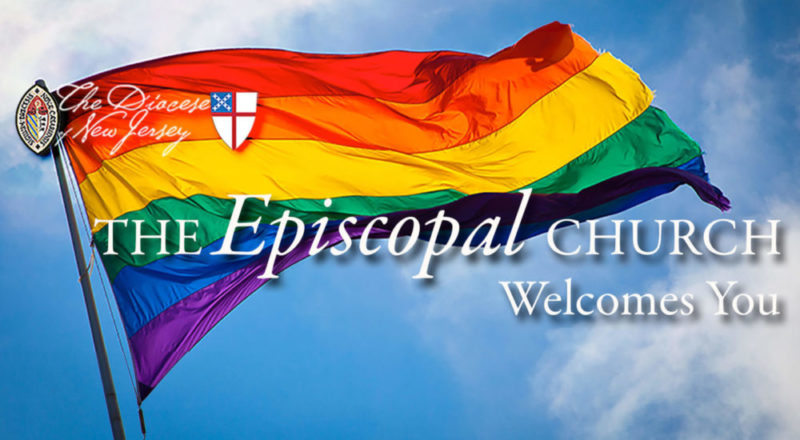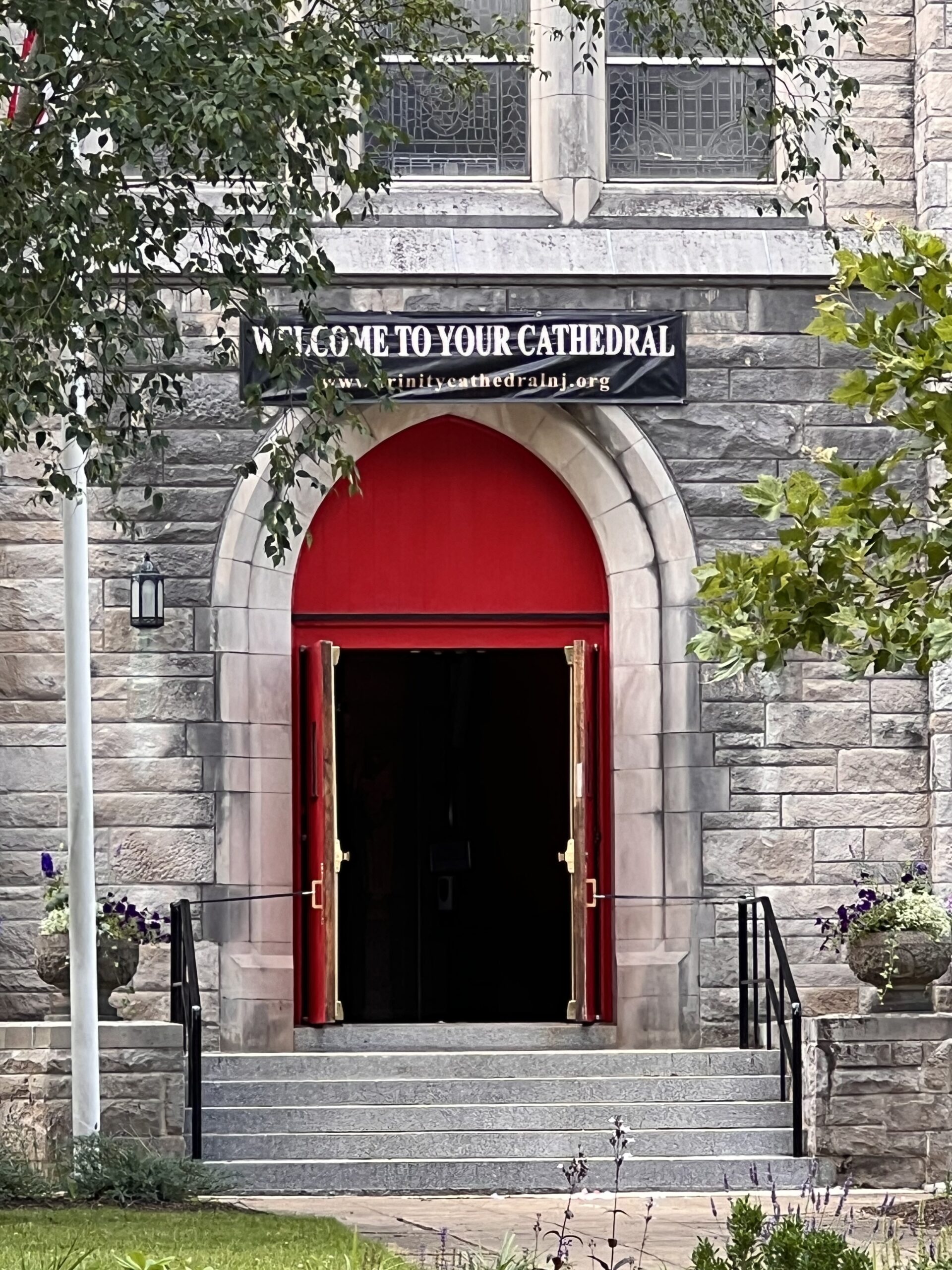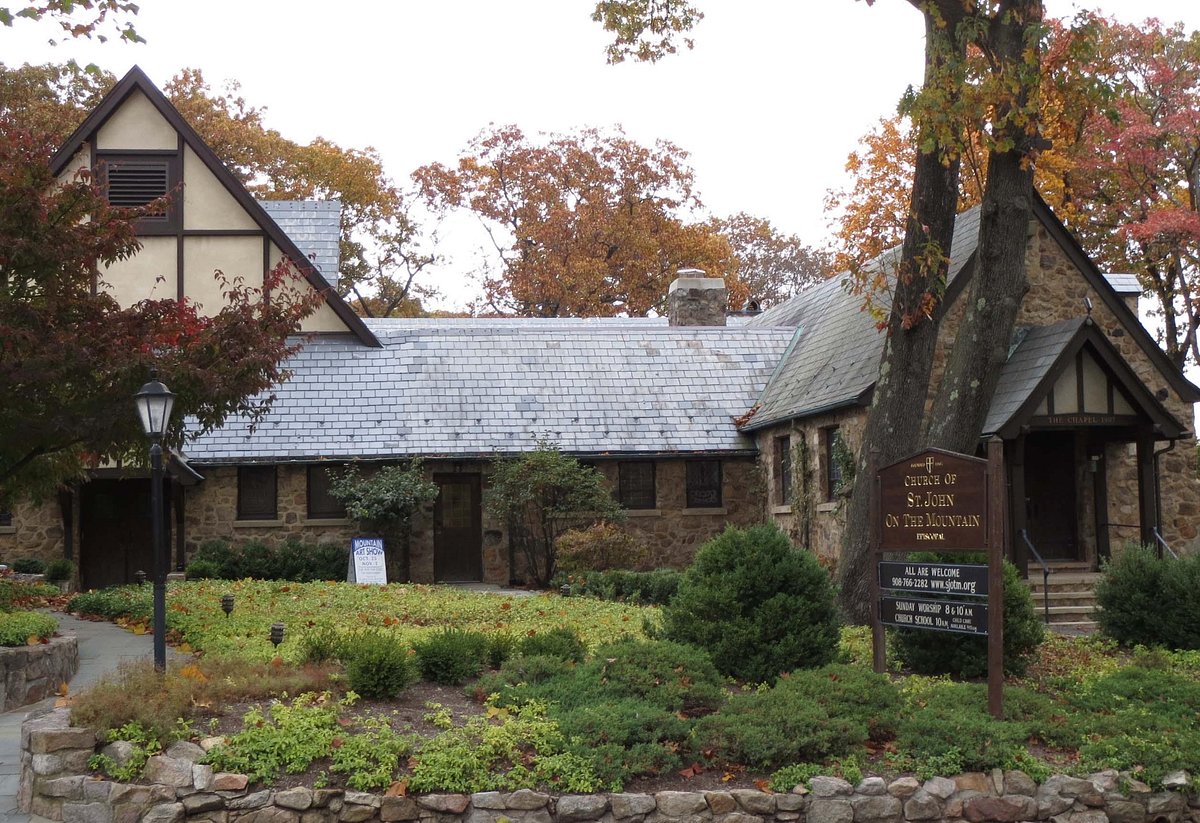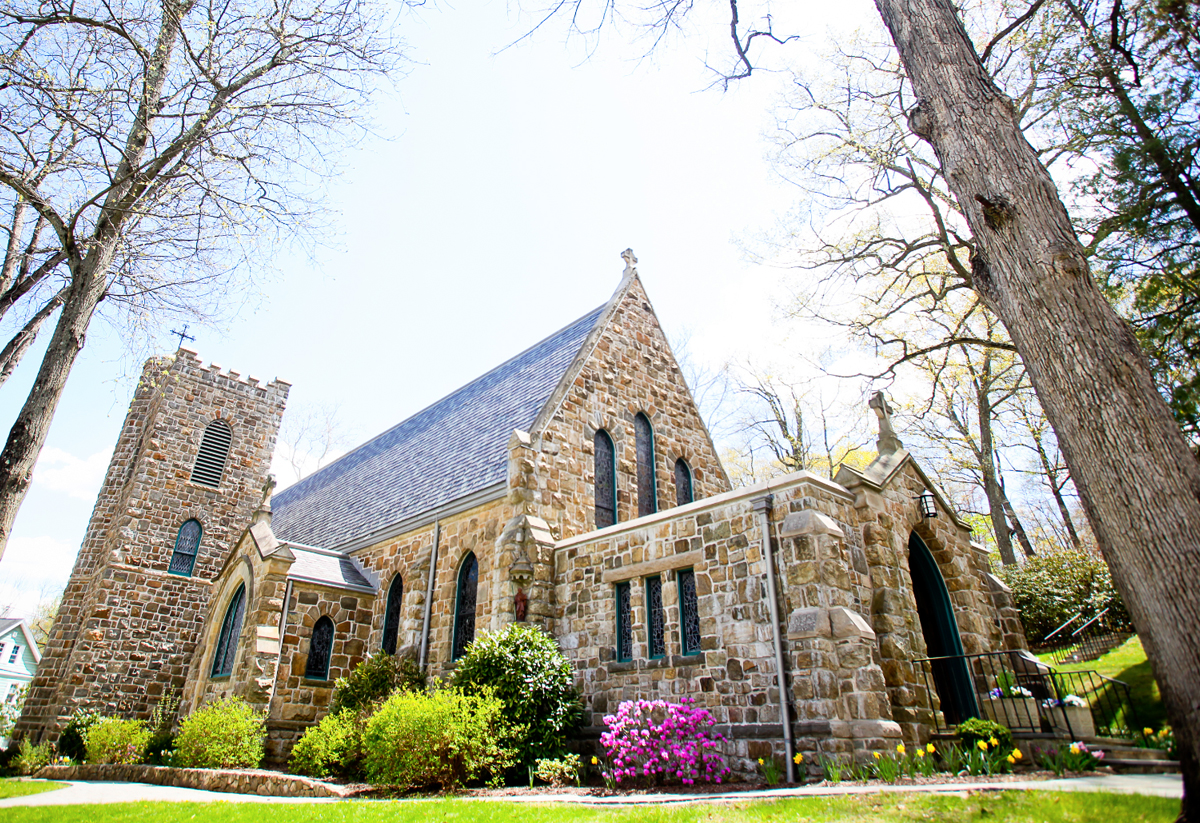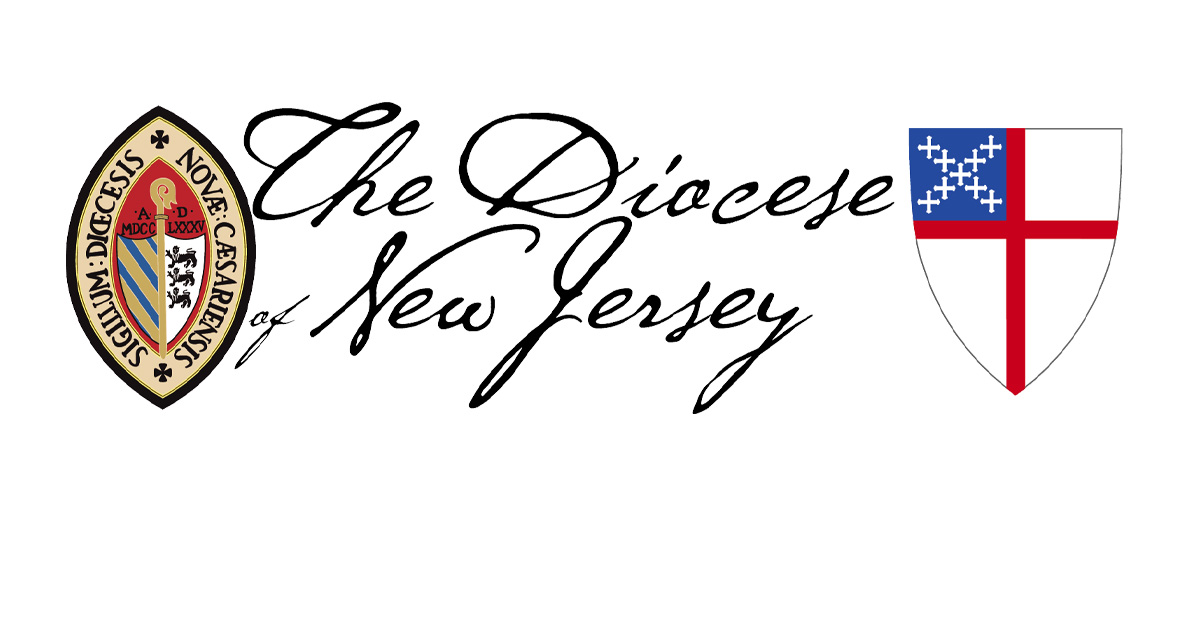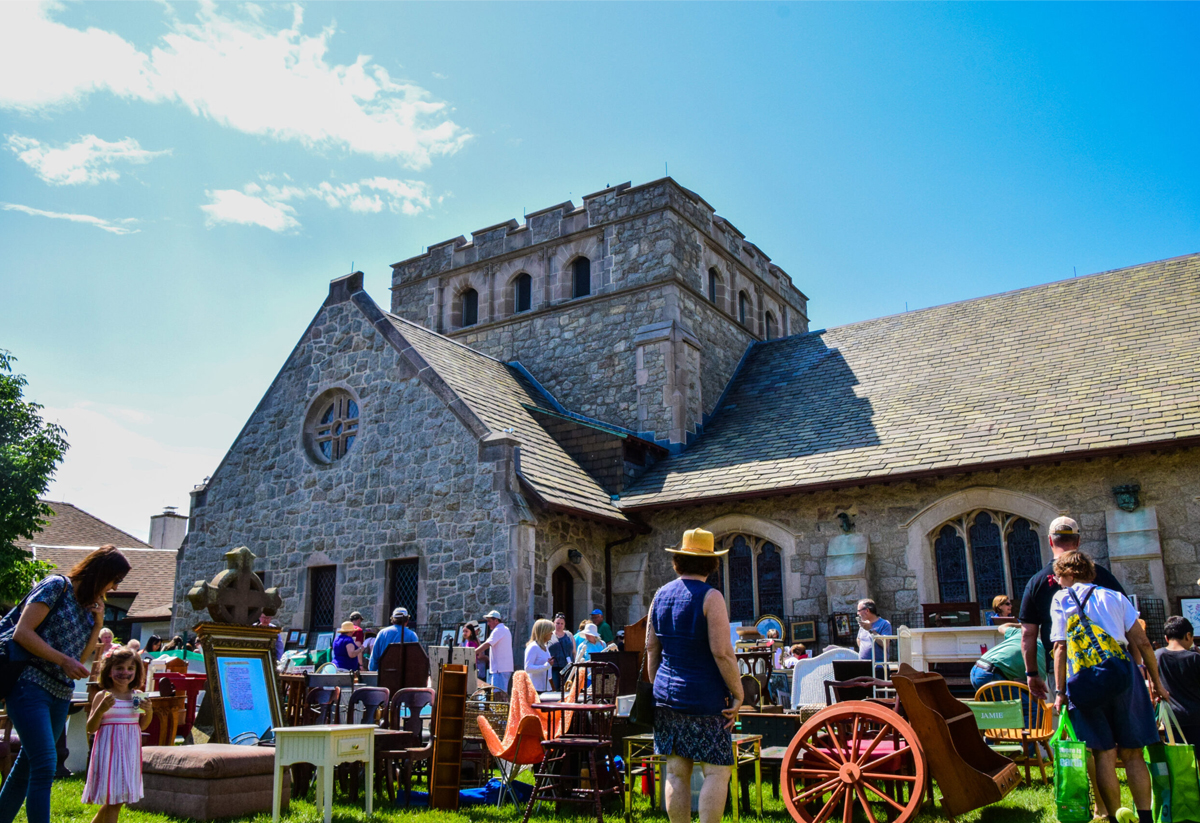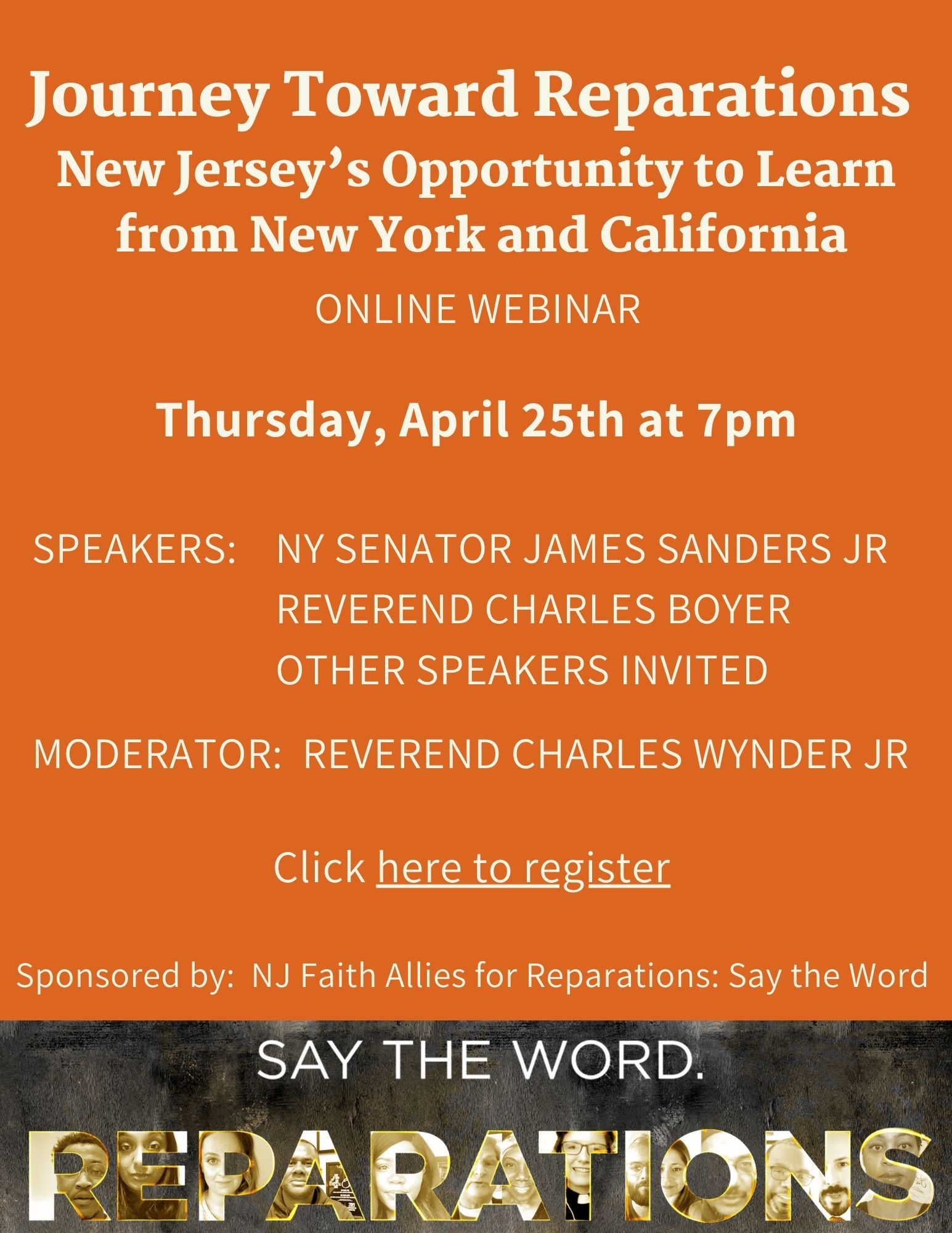Dear People and Friends of the Diocese of New Jersey,
Beloved, let us love one another, because love is from God; everyone who loves is born of God and knows God.
—1 John 4:7
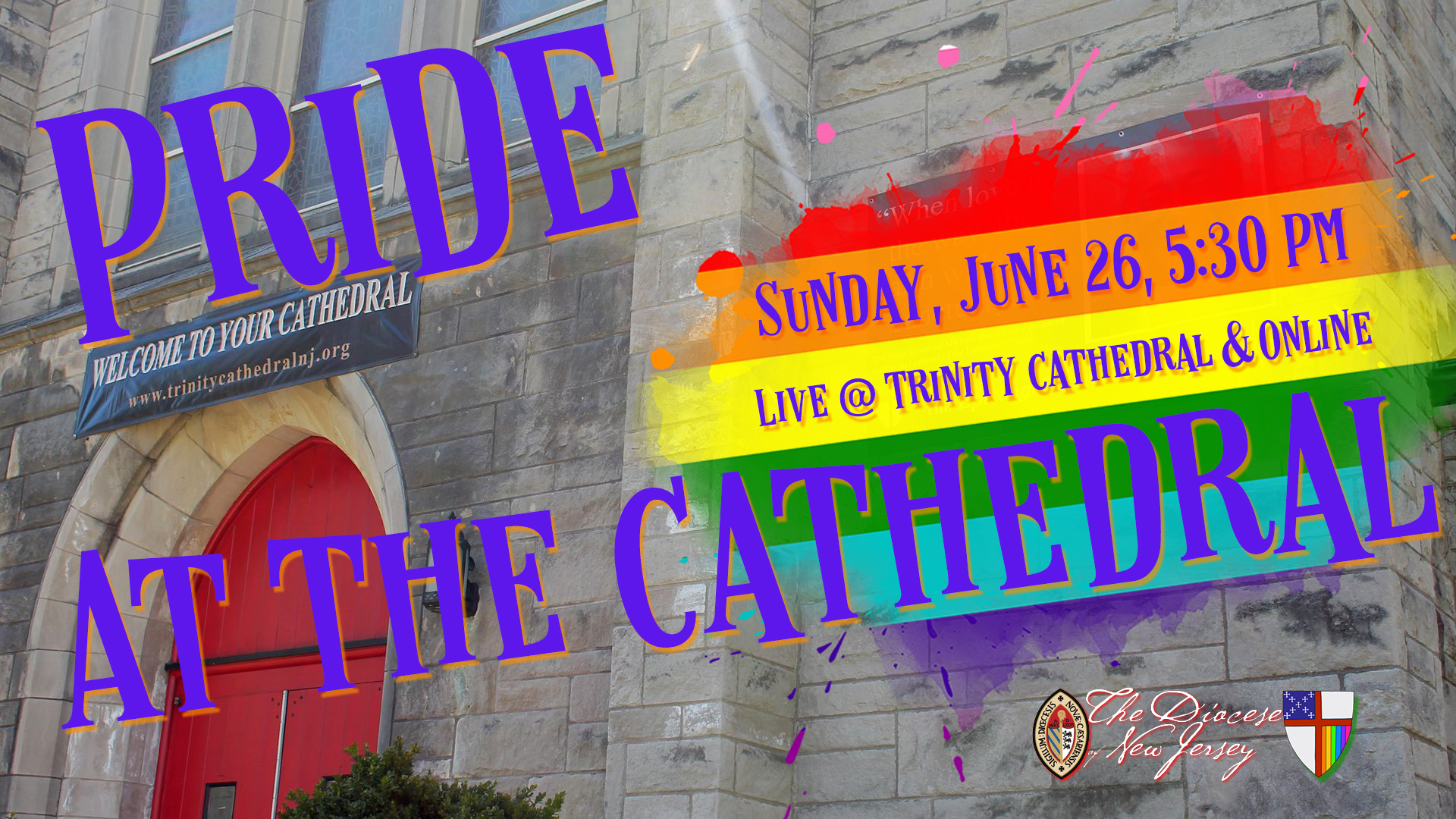 June is Pride Month—a time for us to lift up and celebrate the LGBTQ people in our lives, communities, nation and world. Why June? As Fr. Scott Russell, Chair of our Diocesan LGBTQ Commission reports in his article “Pride Month at the Cathedral and Across the Diocese”, “On June 28, 1969, members of the LGBT community in and around Greenwich Village in Manhattan fought back against police brutality, centering around The Stonewall Inn, a popular gay (but mafia-run) bar. This demonstration of defiance led to marches and ultimately gatherings across the country where these “queer” communities, including trans people and people of color, came out publicly to demand an end to harassment and just celebrate love and being alive.”
June is Pride Month—a time for us to lift up and celebrate the LGBTQ people in our lives, communities, nation and world. Why June? As Fr. Scott Russell, Chair of our Diocesan LGBTQ Commission reports in his article “Pride Month at the Cathedral and Across the Diocese”, “On June 28, 1969, members of the LGBT community in and around Greenwich Village in Manhattan fought back against police brutality, centering around The Stonewall Inn, a popular gay (but mafia-run) bar. This demonstration of defiance led to marches and ultimately gatherings across the country where these “queer” communities, including trans people and people of color, came out publicly to demand an end to harassment and just celebrate love and being alive.”
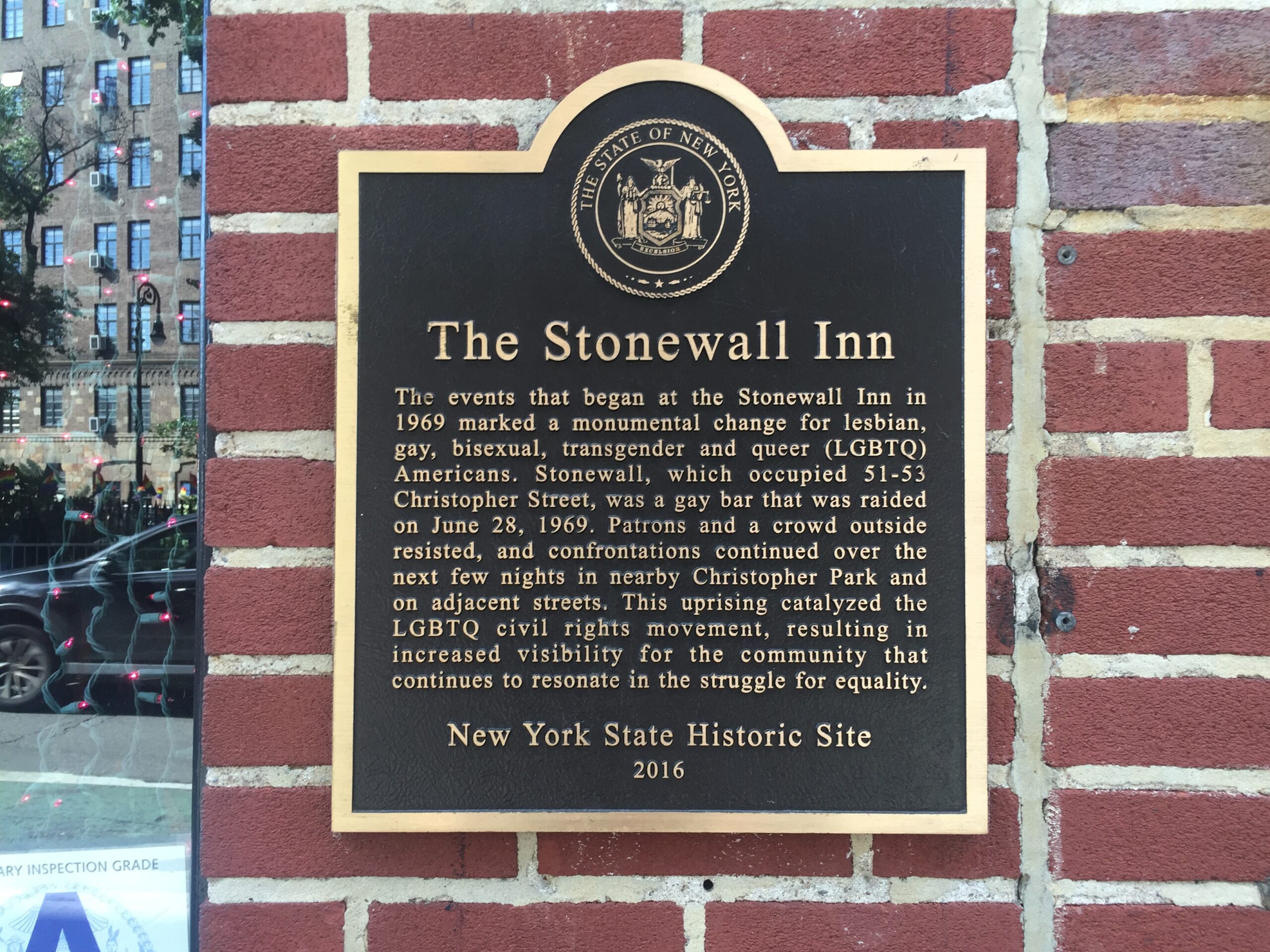
While Fr. Russell rightly observes that The Episcopal Church’s support of the dignity and rights of the LGBTQIA+ communities “is longer than you may think,”[1] it is also true that the church has often faltered in its full expression and acceptance of LGBTQIA+ persons. When I entered into Clinical Pastoral Education training in the summer of 1988 following my first year at seminary, the Chaplain Supervisor identified as a gay Episcopal priest. He had served as a hospital chaplain for decades and had clear gifts for this work. He also shared with the members of my CPE class that his vocational direction had been limited early on. When he was ordained some 30 years prior, he lived with his partner in a committed relationship. As he explained, this was something most parishes would not accept in those days. Truth be told, some still do not.
Similarly with Fr. Ed Robinson, who served as an Assisting Priest at St. Paul’s in Delray Beach, Florida, where I served as rector. When I arrived at St. Paul’s in January 1999, I was informed that Fr. Ed was a member of the congregation but that he had not been allowed to serve at the altar “because of his lifestyle.” Ed and his partner Lenny had been in a committed relationship for nearly 50 years (at that time, same-sex persons were not permitted to marry). Fr. Ed also lived out his vocation as a hospital chaplain at a hospital on New York’s Roosevelt Island for 30 years. Very early in my ministry at St. Paul’s, I invited Ed to serve as an Assisting Priest, including celebrating and preaching. We were all blessed by this gentle, loving man and his ministry for nearly 10 years before he died and I had the honor of officiating at his funeral.
 In many ways and places, The Episcopal Church has made huge strides in breaking through the discriminatory barriers that inhibited LGBTQIA+ persons from realizing the fullness of their personhood and ministries as children of God. Nonetheless, there remains work to do. Our church, nation, and world still require much education, awareness, and sensitivity about the LGBTQIA+ community and its people. An extensive survey conducted in 2020 by the National Opinion Research Center at the University of Chicago in partnership with the Center for American Progress reported:
In many ways and places, The Episcopal Church has made huge strides in breaking through the discriminatory barriers that inhibited LGBTQIA+ persons from realizing the fullness of their personhood and ministries as children of God. Nonetheless, there remains work to do. Our church, nation, and world still require much education, awareness, and sensitivity about the LGBTQIA+ community and its people. An extensive survey conducted in 2020 by the National Opinion Research Center at the University of Chicago in partnership with the Center for American Progress reported:
“[M]any LGBTQ people continue to face discrimination in their personal lives, in the workplace and the public sphere, and in their access to critical health care. This experience of discrimination leads to many adverse consequences for their financial, mental, and physical well-being. Many LGBTQ people report altering their lives to avoid this discrimination and the trauma associated with unequal treatment. Younger generations generally report higher levels of discrimination and attendant problems than do older generations, and problems associated with discrimination are most pronounced among transgender individuals, individuals of color, and disabled individuals.”[2]
I am deeply grateful to Fr. Scott Russell, our Chaplain at Rutgers University, for his ongoing work and leadership in the diocese around LGBTQIA+ concerns and issues (Fr. Scott is also our Diocesan Ecumenical Officer). Under his leadership the LGBTQIA+ Commission has already offered an educational forum and is looking forward to providing more offerings and resources for the people of the Diocese of New Jersey.
During the month of June, there will be several opportunities across the diocese to observe and celebrate Pride Month. Again, check out Fr. Scott Russell’s story here. I hope everyone across the diocese will join in observing Pride Month. Our lives are blessed by the lives, loves and stories of the LGBTQIA+ persons who are part of our families, our church, our nation and our world.
Blessings and peace.
In Christ,
 The Right Reverend William H. Stokes
The Right Reverend William H. Stokes
Bishop of New Jersey
_______________
Notes
[1] Russell , Scott “Pride at the Cathedral and Across the Diocese” found in the “Know Your Story” section of the website of The Diocese of New Jersey at Pride at the Cathedral and Across the Diocese – Diocese of New Jersey (dioceseofnj.org)
[2] See “The State of the LGBTQ Community in 2020 – A National Public Opinion Study”—October 6, 2020 on the website of the Center for American Progress found at https://www.americanprogress.org/article/state-lgbtq-community-2020/

